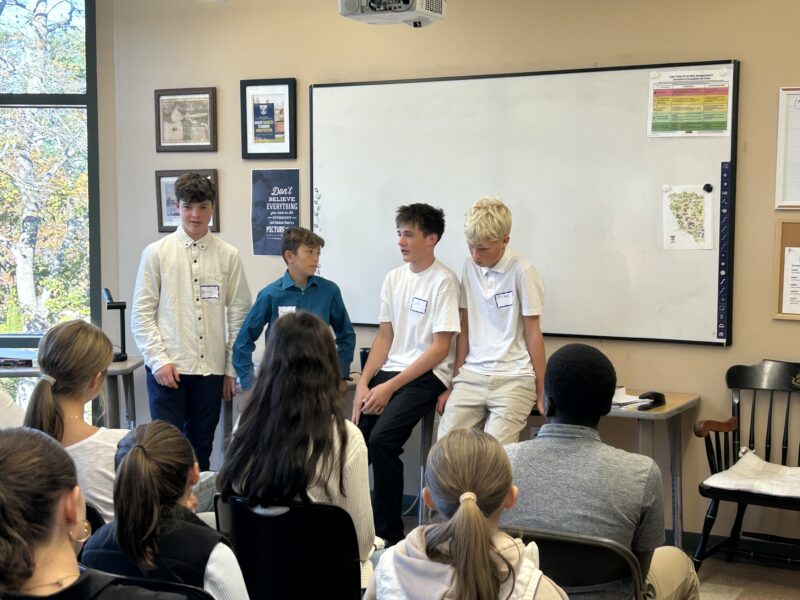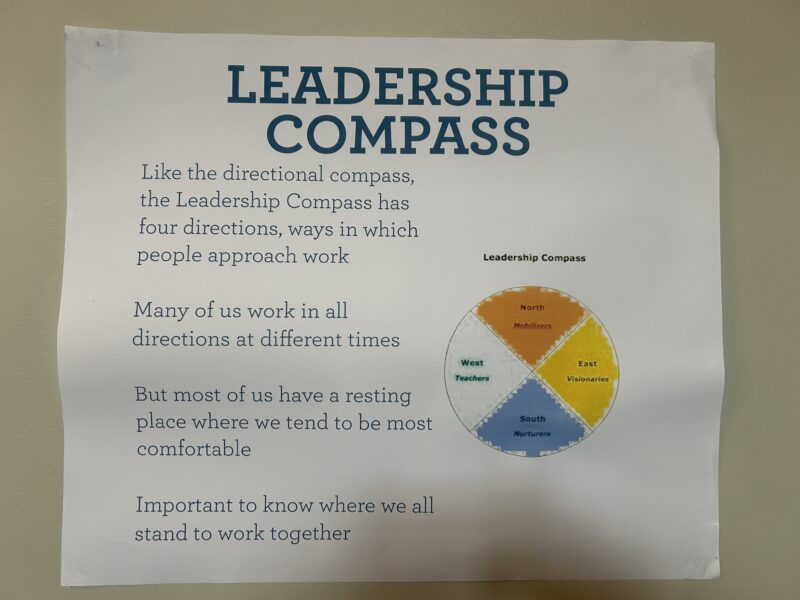The primary purpose of Brother’s Keeper, or to be more inclusive, “Each Other’s Keeper,” is to create a community of people who care for each other, who make it safe, and indeed an expectation for all members in the community to take risks and commit to their personal best.
The notion of Brother’s Keeper is commonly misconstrued as a negative “snitch system,” as opposed to the most powerful force in a healthy Hyde culture. In a Brother’s Keeper community, working hard and taking risks is cool. While most kids start out with a distaste for Brother’s Keeper, they tend to become ardent advocates once they benefit from it – i.e., once they accomplish something that they did not think they could accomplish – and they then make the connection between the accomplishment and the fact that somebody pushed them to take this new step.
For example, a common step we take in Hyde schools to address a student who is struggling is to hold what we call a Concern Meeting for the student. We invite faculty and students to attend.
One particular meeting with a student in one of our public charter schools was organized to help a teenage boy, (let’s call him Robert), who had been involved in a series of discipline violations. As is often the case, these violations had been accompanied by a negative attitude.
Prior to the meeting, the head of school selected three peer students to sit with Robert and express their concerns. When Robert took exception to the composition of the selected group, he was invited to select three additional students of his choice. A few days later, only one of Robert’s three selections bothered to attend the meeting. The meeting commenced and the students expressed some concerns as they tried to apply this new and alien concept to their evolving school culture. One of the more powerful moments in the concern meeting occurred when Robert was told (by the student he selected), “You know, you can be defensive when anyone tries to make suggestions to you.”
Feeling betrayed, the young man sulked and the meeting concluded with mixed reviews, vague commitments for the future, and a plan to reconvene a week later.
When the group met again, Robert shocked everyone with this observation: “The only thing I know is that I just completed the best week I’ve ever had in school. So for me, the concern meeting was a very good thing.”
However, this is not the end of the story.
Something very powerful happened when Robert’s friend observed, “You know, come to think of it, I just had the best week I have ever had in school.” When asked why, he reasoned, “Well, after I got done telling Robert what he needed to work on, I felt this strange desire to set an example. I definitely did not want to be a hypocrite.”
This second comment epitomizes the deepest value of concern and how Brother’s Keeper works. Concern’s true value lies in its quality as an inspirational force. It is a force that works on an individual level by elevating aspirations, and on a collective level by actualizing the notion of people caring about each other.
The Brother’s Keeper concept can fuel a dynamic family and school culture when it rides on a two-way street. On the one hand, we benefit when others embody concern for us. On the other, as Robert’s friend discovered, we also benefit when we show concern for others. In simplest terms, we cannot expect to “get it” unless we “give it.”
Bottom line: If you don’t have Brother’s Keeper, you will never have a Hyde culture.
Onward, Malcolm Gauld


